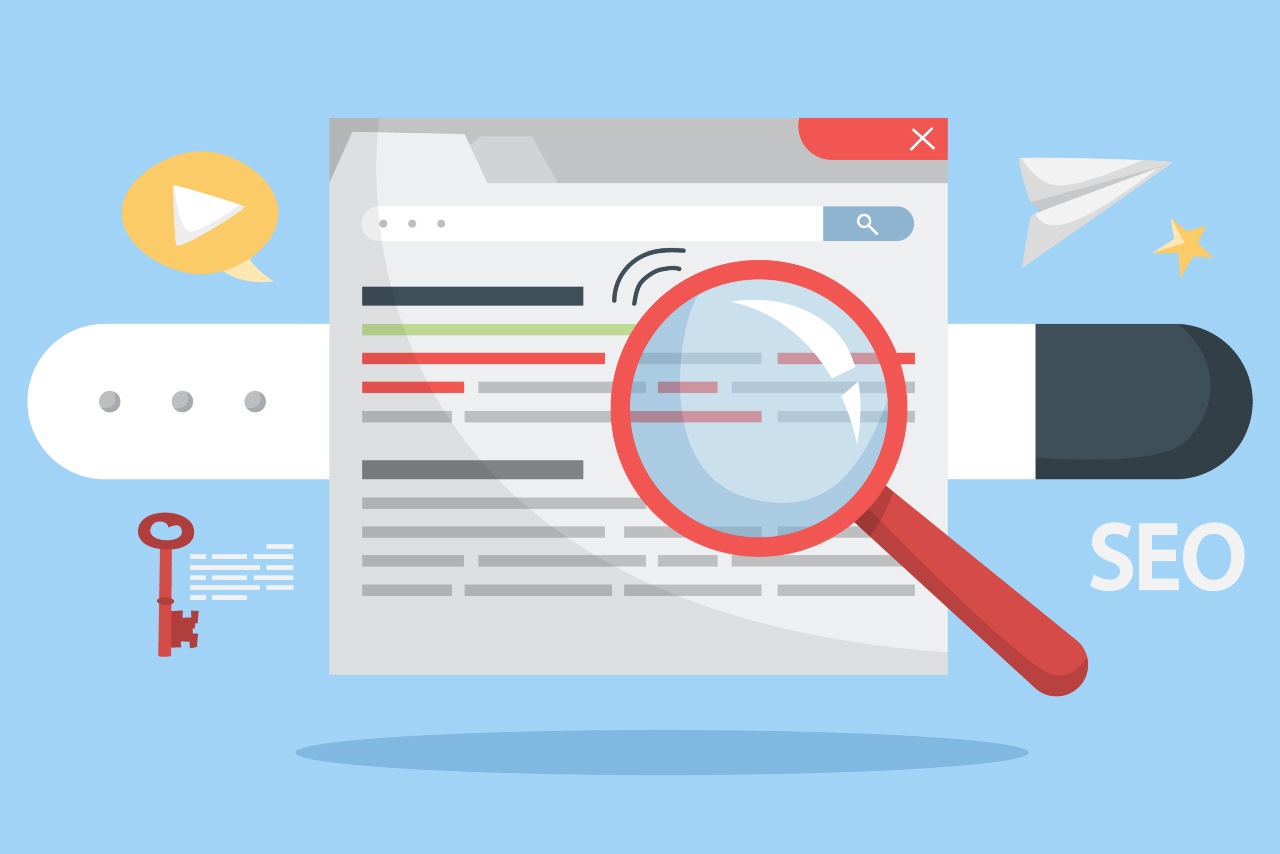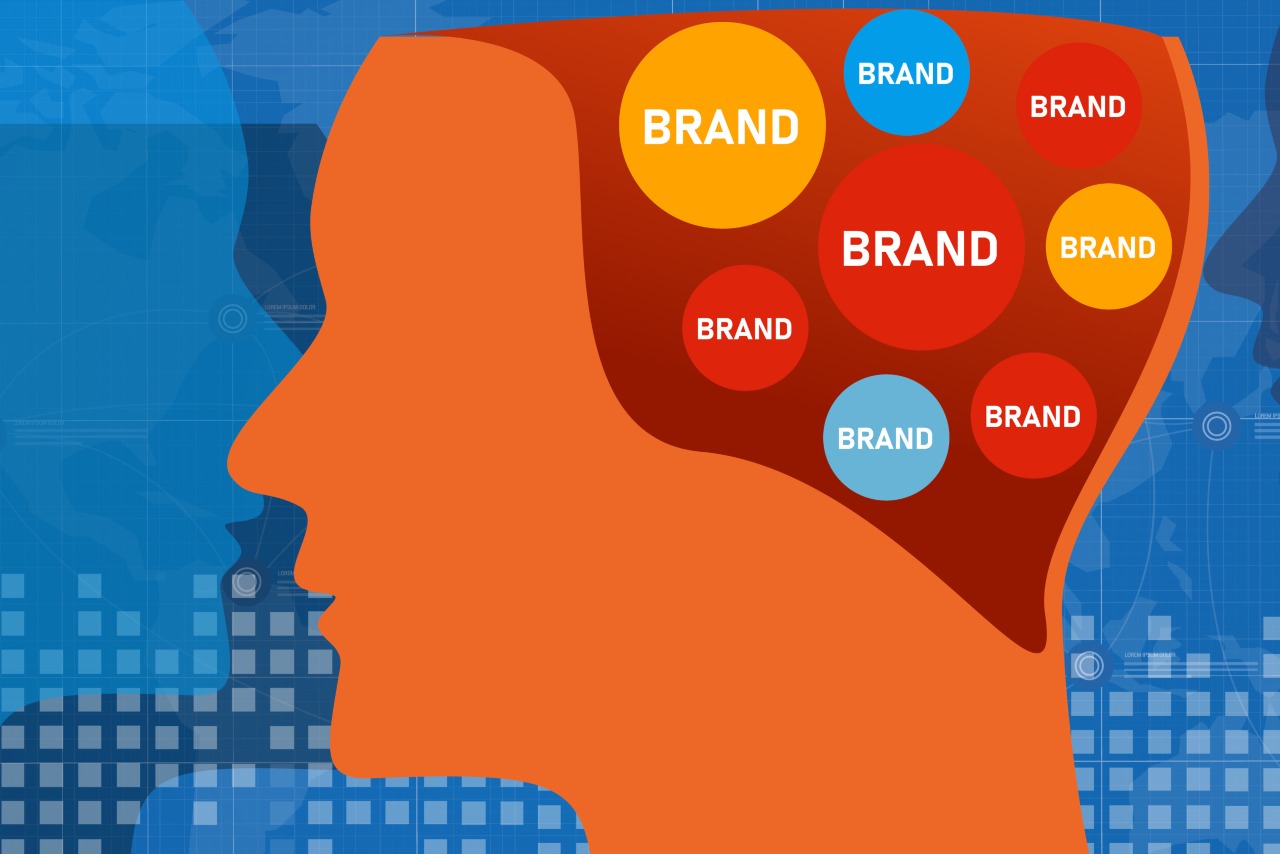
Ethical marketing has become a key focus for brands in 2025, as consumers demand transparency, authenticity, and social responsibility from businesses. Ethical marketing goes beyond just selling products—it involves promoting values that align with customer expectations, fostering trust, and ensuring sustainability.
With rapid digital transformation and evolving consumer behaviors, companies must adapt their strategies to maintain ethical integrity.
In this article, we explore seven of the best ethical marketing practices in 2025 that businesses should implement to build a loyal customer base while maintaining a positive brand reputation.
Ethical marketing practice #1: Transparency in Advertising and Pricing
Modern consumers are highly informed and skeptical of misleading advertising tactics. Companies that prioritize transparency in their marketing communications foster trust and credibility. In 2025, brands are embracing clear, honest messaging by:
- Providing accurate product descriptions – Avoiding exaggeration and misleading claims about benefits or features.
- Being upfront about pricing – Clearly stating costs, fees, and subscription terms without hidden charges.
- Disclosing brand partnerships and sponsorships – Ensuring influencer marketing and paid promotions are clearly labeled.
Example: Patagonia, a sustainability-focused brand, continues to set an example by being upfront about its environmental impact and actively working toward improvements.
2. Sustainable and Eco-Friendly Marketing

Sustainability is no longer an option—it’s a necessity. Consumers in 2025 prefer brands that take real action to reduce environmental impact. Ethical marketing now includes:
- Eco-friendly packaging and sustainable sourcing – Using recyclable materials and reducing plastic waste.
- Carbon footprint transparency – Sharing information on emissions and sustainability efforts.
- Promoting green initiatives – Engaging in tree-planting campaigns, carbon offset programs, and ethical supply chain management.
Example: IKEA has taken significant steps toward circular economy practices, offering furniture buy-back programs and ensuring all materials are responsibly sourced.
You may also like: The Ultimate Guide to Sustainable Branding in the Digital Age
Eethical marketing practice #3: Data Privacy and Consumer Protection
With growing concerns about digital privacy, brands must prioritize ethical data practices. Ethical marketing in 2025 includes:
- Obtaining explicit consent – Ensuring users agree to data collection and explaining how their information will be used.
- Protecting personal information – Implementing advanced cybersecurity measures to prevent data breaches.
- Avoiding intrusive tracking – Respecting customer privacy by limiting unnecessary data collection and third-party sharing.
Example: Apple has strengthened its privacy policies, allowing users more control over their data and minimizing tracking for targeted advertising.
4. Authenticity in Influencer and Content Marketing
Consumers in 2025 favor authentic, relatable marketing over scripted and highly polished promotions. Ethical brands avoid deceptive influencer marketing by:
- Partnering with genuine influencers – Collaborating with content creators who truly believe in the brand and its values.
- Avoiding fake reviews and endorsements – Encouraging real customer testimonials and organic feedback.
- Emphasizing storytelling over sales tactics – Creating content that educates, inspires, or entertains rather than simply pushing products.
Example: Lush Cosmetics avoids traditional advertising, relying instead on real customer testimonials, ethical sourcing, and word-of-mouth marketing.
Eethical marketing practice #5: Diversity, Inclusion, and Social Responsibility
Inclusive marketing has evolved beyond a trend—it’s a critical part of ethical business practices. Brands in 2025 are making conscious efforts to:
- Represent diverse groups in advertising – Featuring people of different races, genders, body types, and abilities.
- Support social causes – Donating to charities, supporting marginalized communities, and standing against injustice.
- Ensure workplace diversity – Promoting equal opportunities within their workforce and leadership teams.
Example: Ben & Jerry’s continues to be vocal about social justice issues, supporting causes related to racial equality, climate change, and LGBTQ+ rights.
6. Ethical Use of AI and Automation in Marketing

AI-driven marketing tools are powerful but must be used ethically to avoid manipulation and bias. Companies in 2025 are ensuring ethical AI practices by:
- Avoiding deceptive personalization – Using AI for recommendations without misleading customers.
- Eliminating algorithmic bias – Ensuring AI models do not favor certain demographics unfairly.
- Maintaining human oversight – Keeping human control over AI decisions to avoid unethical practices.
Example: Google has introduced strict AI ethics guidelines, ensuring that its advertising algorithms do not promote misinformation or discriminatory content.
You may also like: How AI-Powered Chatbots Can Transform Your Customer Service
Eethical marketing practice #7: Fair and Honest Employee Treatment
Ethical marketing is not just about customers—it also involves internal business practices. Brands in 2025 are focusing on:
- Fair wages and working conditions – Ensuring employees and supply chain workers are treated ethically.
- Employee well-being programs – Providing mental health support, work-life balance, and professional growth opportunities.
- Ethical labor sourcing – Avoiding sweatshop labor and ensuring fair trade practices.
Example: Patagonia and Everlane are leaders in ethical labor practices, providing full transparency about factory conditions and fair wages for workers.
Why Ethical Marketing Matters in 2025
Ethical marketing is not just about doing the right thing—it also has tangible business benefits:
- Builds Customer Loyalty – People prefer to buy from brands they trust.
- Enhances Brand Reputation – Companies known for ethical practices gain positive media coverage and word-of-mouth referrals.
- Reduces Legal Risks – Following ethical standards ensures compliance with regulations, avoiding lawsuits or penalties.
- Drives Long-Term Success – Ethical brands often outperform competitors in the long run as consumers prioritize values over price.
In 2025, businesses that implement ethical marketing strategies are more likely to attract and retain customers while contributing positively to society.
Final Thoughts
Ethical marketing is not a passing trend—it’s a fundamental expectation from consumers in 2025. Brands that prioritize transparency, sustainability, diversity, and responsible AI use will stand out in an increasingly competitive market.
By adopting these seven best ethical marketing practices, businesses can create meaningful relationships with their audience, build long-term credibility, and contribute to a more responsible digital economy.
In the meantime, if you need help with your digital marketing, we are here for you. Feel free to contact us and learn more about our digital marketing services. You can find more information at Sylably.com or on our flagship Facebook page.
Did You Like this Article?
If you found this article helpful, please share with your friends, family, and colleagues who might also be interested in digital marketing services.
We would also love to hear your opinion, thoughts, and advice! Please leave your comments in the box below.
Thank you!











